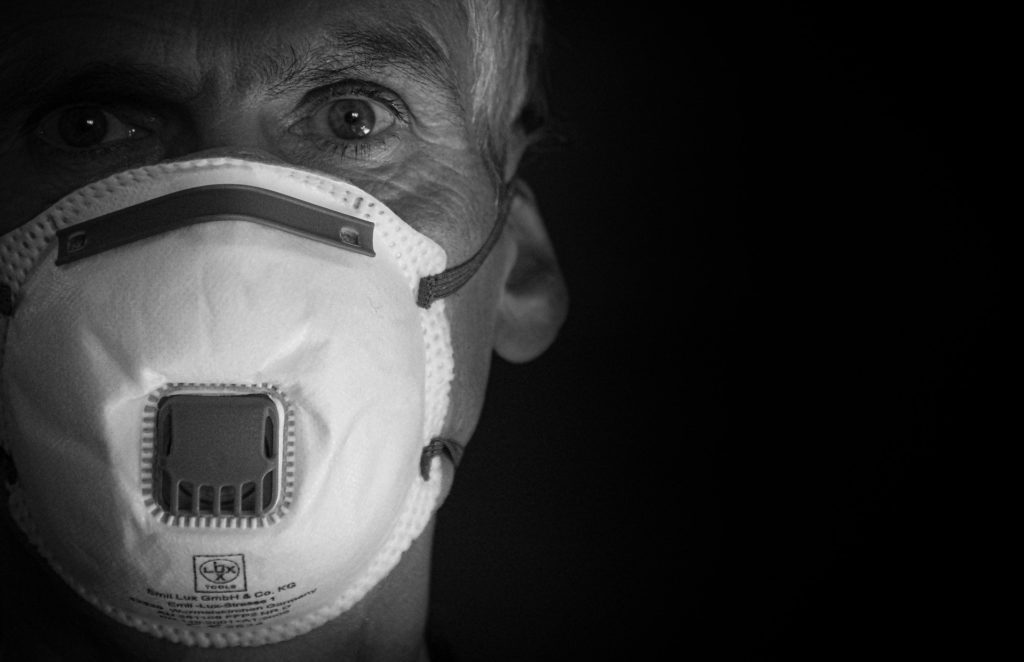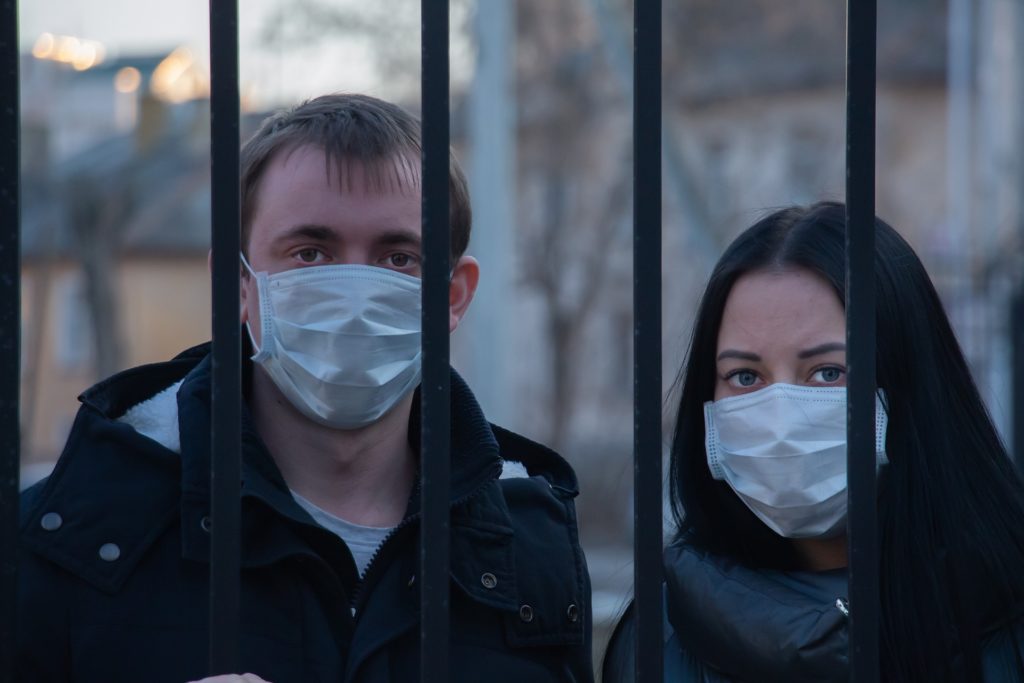The COVID-19 pandemic has had an unprecedented impact on society and has resulted in the loss of civil liberties and freedom in everyone’s daily lives. For many, the Coronavirus may have resulted in the loss of a job, accommodation or a way to provide for one’s family.
Arguably the most powerful consequence of the pandemic is that it has forced us as a society to face the prospect of our fragility. Facing up to our own or our loved ones’ mortality can be painful and upsetting, made all the more difficult with the varying restrictions of freedoms brought about by the Coronavirus measures removing the otherwise typical distractions of daily life. Yet, as our country prepares to restart the economy and rebuild after Coronavirus, some are beginning to find that the pandemic has given them a brand-new perspective by inspiring them to review what truly matters most in life.

There are several moments in life – such as the mid-life crisis or retirement – where perspectives and what is considered to be most important are challenged. In these moments, people often look at what they have done so far and discover a new-found appreciation for what they cherish the most, but many more people have many regrets of a life left unexplored and worry that it may be too late to change.
Moreover, it is often after periods of intense struggle and difficulty that societies often unite and people develop a greater sense of satisfaction. It has long been said by people who lived through World War II, that in the years following the war, there was a sense of community, togetherness and unity unlike any other. In the weeks and months following 9/11, several studies showed that people cited a greater appreciation for friends and family, spent more time with loved ones and were more engaged in their local communities.
Ultimately, despite the consequences of the Coronavirus pandemic, there is undoubtedly an opportunity for millions of people to benefit from a shift in perspective from taking stock of their lives, and understanding what matters most amidst the fallout. Taking the time to write down and reflect upon one’s life thus far through the lens of the Coronavirus pandemic can help people everywhere to lead happier, more satisfying lives, and could lead to the development of a happier society as a whole.

Rutger Bruining, CEO of biography writing service StoryTerrace, has spent years documenting the life stories of individuals the world over and has discovered some truly incredible tales. He discusses why it is important for people to take stock of their lives, and how the pandemic could help them live the way they’ve always wanted.
“The Coronavirus pandemic represents a major event for societies across the world, one which has transformed our daily lives and has challenged our perspectives on how the world is constructed and how life should be lived.
Whilst the pandemic has wreaked havoc in many ways, it has also inspired incredible showings of community and heroism. The country has a brand-new appreciation for frontline health workers, cleaners, delivery drivers, cashiers, refuse collectors and volunteers. Distant family members and friends from the past have rebuilt bridges and developed relationships. But arguably most importantly, the Coronavirus has given people a new lease of life and a sense of meaning which is sadly absent for many people in the daily grind of a nine-to-five.
Also on Coast to Coast
-
A Cup A Day: Managing Diabetes One Beverage at a Time
-
Episode 27 of Coast to Coast: Checking out the Galleri Classic & Summer Travel Inspiration with Dalia Colón!
-
Coast to Coast Kicks Back at GBK Brand Bar’s Pre-Oscar Luxury Lounge
-
Coast to Coast Checks Out the Best of Sprouts with Nutritionist Cara Harbstreet
-
Episode 22 of Coast to Coast: Setting Sail on the Icon of the Seas & 29 Palms Travel Inspiration
